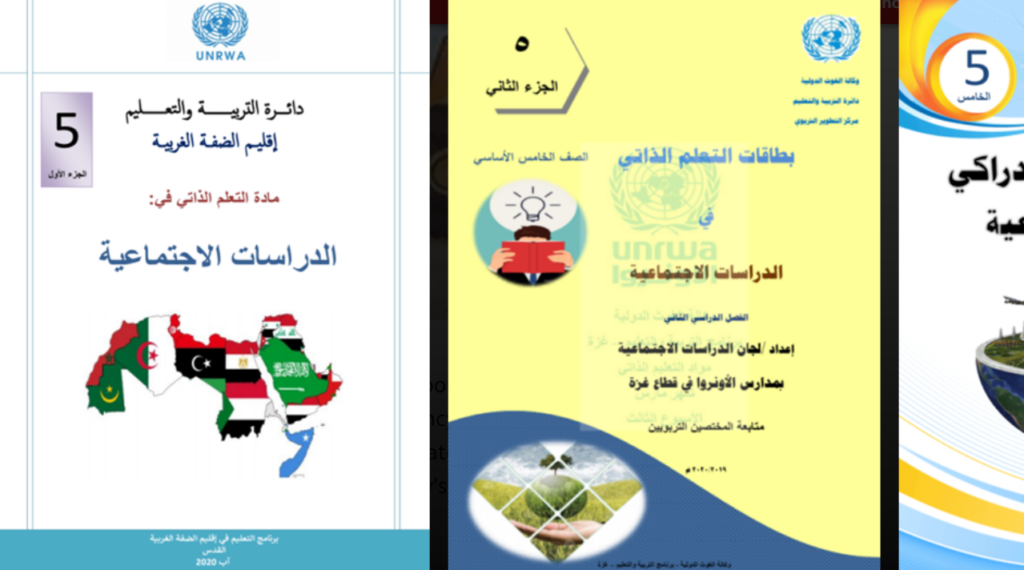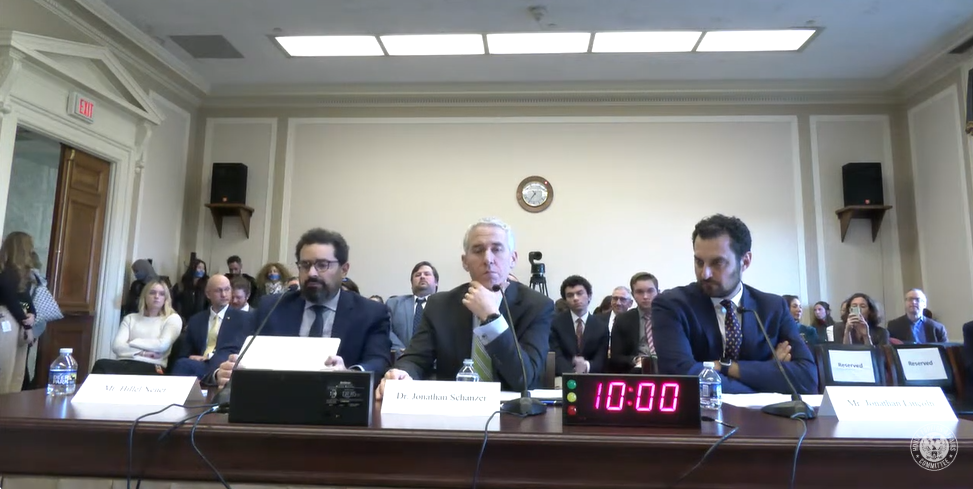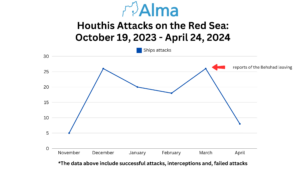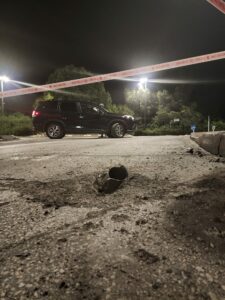By: Yaakov Lappin
A recently published report by the Institute for Monitoring Peace and Cultural Tolerance in School Education (IMPACT-se) has shed important light on United Nations Relief and Works Agency for Palestine Refugees (UNRWA) teaching methods and Palestinian textbooks.
UNRWA has a significant role in educating almost 545,000 Palestinian children across the Middle East.
The IMPACT-se report examined educational materials used in UNRWA schools, particularly in the Gaza Strip, the West Bank, and East Jerusalem, where the Palestinian National Authority (PA) curriculum is adopted.
The PA curriculum, which has been under scrutiny since its 2016 revision, is found to contain – like it did before its revision – antisemitic content and the promotion of violence, jihad, and ‘martyrdom’ culture, while omitting teachings of peace and coexistence. The report delved into how these materials conflict with UN values and UNESCO standards, and examined the impact of such education on students.
On November 8th, 2023, The House Foreign Affairs Committee convened on the issue of UNRWA.

Below are some of the key findings from IMPACT-se’s report:
Examining UNRWA’s Complicity and Curriculum Content
UNRWA, while not producing its own curriculum, supplements the host country’s curriculum with additional materials. A recent analysis highlighted the involvement of numerous UNRWA staff in distributing content that contradicts UN values. Disturbing examples include exercises glorifying acts of terrorism and promoting extremist ideologies. The report scrutinized the role of UNRWA in facilitating and endorsing such educational content, raising concerns about its adherence to its own “zero tolerance policy” for discrimination and incitement to hatred and violence.

Staff Endorsement of Violence and Terrorist Links
The report revealed alarming findings regarding UNRWA staff’s public endorsements of violence and terrorism. Notably, it discusses how some UNRWA staff publicly praised and supported deadly assaults on civilians. Additionally, the report documented cases of UNRWA-educated individuals who later became affiliated with Hamas, a designated terrorist organization in both the United States and the European Union. The report provided a stark insight into the influence of UNRWA’s educational environment on its students and staff, highlighting the need for a thorough reassessment of its educational policies and practices.
Implications and UNRWA’s Response
UNRWA’s adoption of the PA curriculum and its production of supplementary materials present serious challenges to its commitment to UN values, the report found. The lack of transparency and the ineffectiveness of internal mechanisms to filter problematic content raise questions about UNRWA’s role in perpetuating ideologies that are inconsistent with peace and tolerance. The report concluded with an emphasis on the need for UNRWA to address these issues decisively and transparently, to ensure that its educational practices align with the principles it purports to uphold.
This report highlighted critical issues surrounding UNRWA’s educational practices in Palestinian schools. It highlighted the need for urgent and substantial reforms to ensure that the education provided fosters peace, tolerance, and understanding, in line with universal human values and the core principles of the United Nations.






